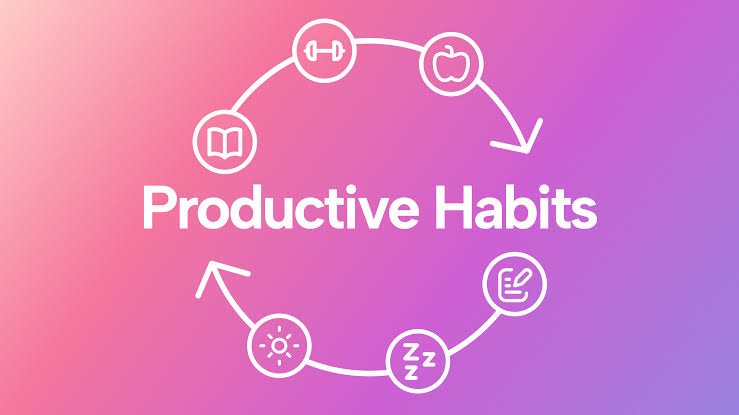Breaking myths about growing up in Nigeria
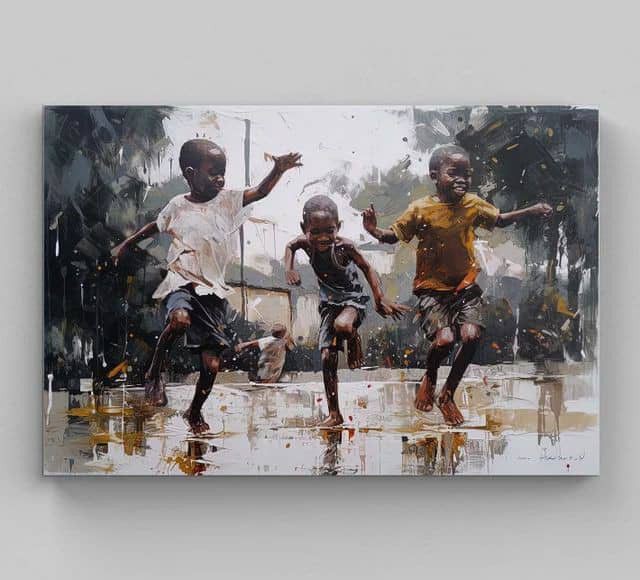
There are countless myths about growing up in Nigeria, particularly from those who have never experienced it firsthand. These misconceptions often paint a picture that is far from reality. While Nigeria, like every other country, has its challenges, growing up here is far from boring, and it is definitely not as miserable as some people imagine.
Let’s break down some common myths about childhood in Nigeria and uncover the real, vibrant experiences that shape us.
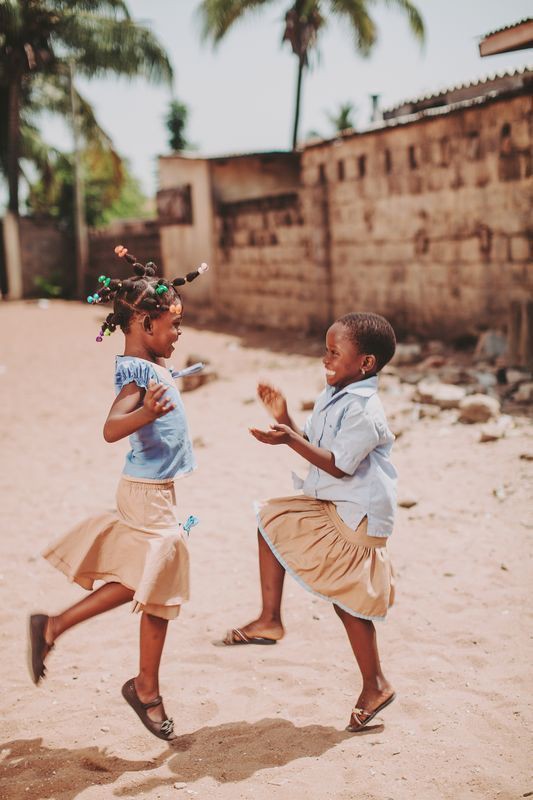
Myth 1: Childhood in Nigeria Is Boring
Some people assume that growing up in Nigeria means living a dull and monotonous life. But that couldn’t be further from the truth! Nigerian childhoods are filled with adventure, creativity, and deeply rooted cultural experiences.
For instance, while kids in some parts of the world may rely on expensive toys or amusement parks for entertainment, Nigerian children often create their own fun. We played legendary street games like "suwe" (hopscotch), "ten-ten" (a rhythmic clapping and foot game), and "boju-boju" (hide and seek). We made toy cars out of milk tins and raced them with our friends. Even something as simple as fetching water with peers turned into an adventure with jokes and friendly competitions.
In many Nigerian neighborhoods, playtime is a community affair. It wasn’t just about individual fun—it was about bonding with other children, storytelling, and learning life skills along the way.

Myth 2: Everyone Grew Up in Extreme Poverty
While poverty exists (as it does in many countries), not every Nigerian child grows up in hardship. Nigeria has a diverse economic structure, and childhood experiences vary. Some children grow up in privileged homes, attending private schools and traveling abroad, while others experience more modest upbringings.
But regardless of financial status, Nigerian childhoods are often enriched with strong family values, deep cultural heritage, and a spirit of resilience. In many homes, children are raised with a sense of responsibility, taught to work hard, and given the freedom to dream big.
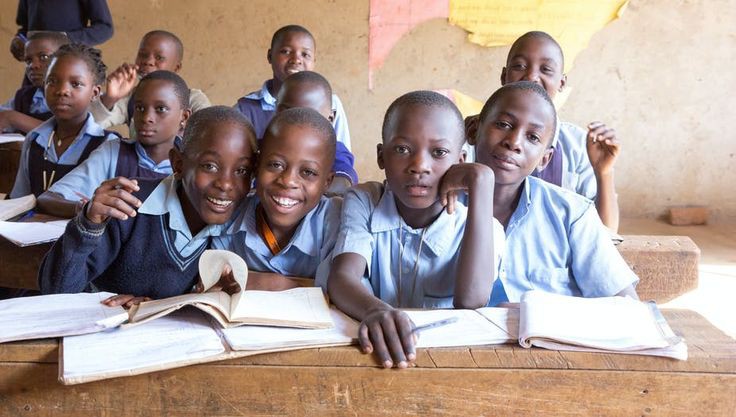
Myth 3: There’s No Fun or Creativity in Education
Another widespread myth is that Nigerian education is just about memorizing textbooks and rigid discipline. While it’s true that our education system emphasizes respect and structured learning, it is also filled with creativity. Nigerian schools, especially during cultural days, bring in storytelling, drama, and folklore to keep learning engaging.
Besides, many of Nigeria’s most successful people today grew up attending these same schools, proving that creativity and intelligence flourish even within a structured system.
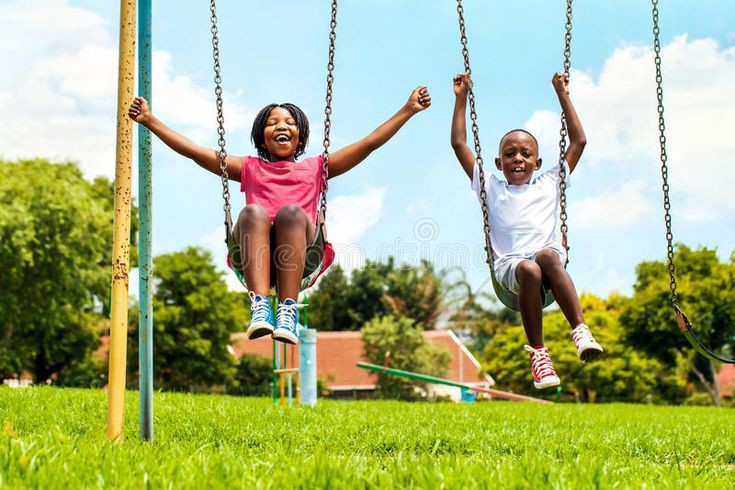
Myth 4: Growing Up in Nigeria Means a Lack of Exposure
Many assume that Nigerian children grow up cut off from the rest of the world, but with the rise of the internet and social media, today’s youth are more connected than ever. Even before the digital age, exposure came in different forms—through books, local festivals, and deep interactions with diverse cultures within Nigeria itself.
Growing up in Nigeria teaches adaptability. Kids often learn multiple languages—English, Pidgin, and their native tongues—allowing them to navigate different social settings with ease. This multilingual ability is an advantage that many children in other countries do not have.
The Reality: A Rich, Unique Experience
Growing up in Nigeria is an experience that shapes resilience, community spirit, and a deep appreciation for culture. From the joys of eating street snacks like puff-puff and suya, to the excitement of hearing folktales from our grandparents under the moonlight, childhood in Nigeria is anything but boring.
Yes, challenges exist, but so do the bonds of family, the joy of communal living, and the endless creative ways children make the most of what they have. The myths don’t define us—our experiences do.
So, the next time someone assumes childhood in Nigeria is dull, just tell them: You don’t know what you’re missing!




